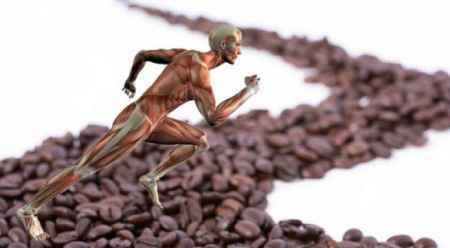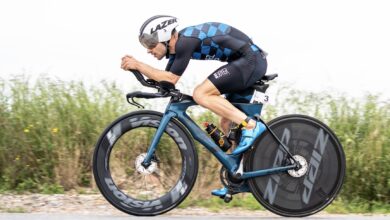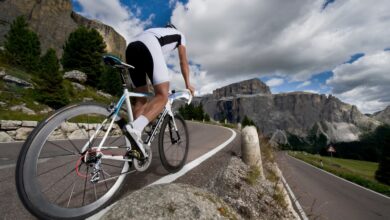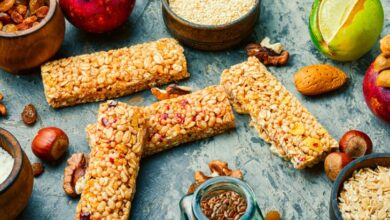How much caffeine to take in a competition?

In this article we will review 8 points that you should keep in mind when supplementing with caffeine in a competition
Our collaborator Miguel Ángel Rabanal tells us in this article how to properly supplement with caffeine in competition
In previous installments I reviewed the "Consequences of abuse of stimulants like coffee during training" and I tried to give you some guidelines "How to overcome coffee addiction and improve performance without consumption" and in the present I will try to tell you what is the exact amount of caffeine that should be used in competition and where to get it.
First of all I will review 8 points that you should take into account when supplementing with caffeine in a competition and that I have extracted from different current studies:
-
Caffeine is effective in improving sports performance, when consumed at low-moderate doses (between 3 and 6 mg of caffeine per kg of weight).
-
The increase of the doses (9 mg / kg or more) does not bring about an improvement of added performance, hence it will no longer be considered a doping substance since the 2004 year. Also, if we go through the dose we will have certain dangerous side effects such as irritability, nervousness, arrhythmias, tachycardia, headaches, restlessness and gastrointestinal discomfort.
-
In most of the investigations carried out, a protocol has been used in which the ingestion of caffeine is carried out with 60 minutes before the exercise to ensure optimal absorption; however, it has been proven that caffeine can improve performance ingested with 15-30 minutes in advance.
-
Caffeine can improve attention during periods of intense long-term exercise, as well as periods of sleep deprivation or limitation.
-
Caffeine is ergogenic for sustained high intensity background exercises.
-
Caffeine supplementation is effective in high-intensity exercise, including high intensity and prolonged intermittent sports.
-
The results of the effect of caffeine are variable in relation to the performance in force-power activities, so that its degree of improvement is diffuse.
-
The different studies have not shown changes due to the use of caffeine in the formation of sweat, in the total loss of water or negative changes in the water balance that could affect performance, even with heat. Caffeine is more diuretic at rest but not like that when we are in full force.

ERegarding the exact moment of consumption, it will be the job of the coach to schedule when it is the right moment to consume it depending on the type of competition and the characteristics of its athlete.
Miguel A. Rabanal
facebook.com/ENTRENAMIENTOINTELIGENTE
Photo: podiumns.com
There are no previous results.




























